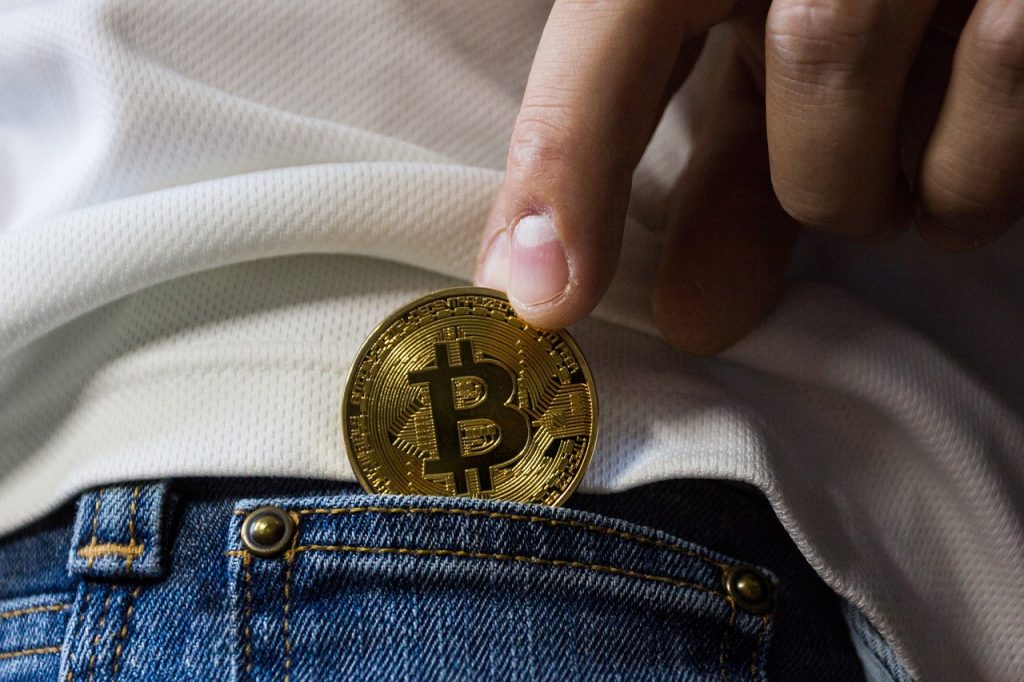One of the top cryptocurrency platforms, Huobi Group, reportedly received approval from the Australian financial regulators to apply for registration as a supplier of digital currency exchange services in the nation. This is the business’s most recent move toward expansion and its first in Australia.
Huobi was established in China but had to relocate its activities due to the country’s opposition to the cryptocurrency sector. While it has offices worldwide, its principal base is in Seychelles.
According to a recent report, Huobi Global was able to offer bitcoin services to local customers thanks to regulatory approval from the Australian Transaction Reports and Analysis Centre (AUSTRAC). They can make purchases and sales on the platform using their local currency for digital assets like Bitcoin and Ether (the Australian dollar).
Huobi intends to offer over-the-counter (OTC) services in the future. Huobi has received regulatory approval in several countries, including Japan, South Korea, the USA, and Hong Kong. Due to the local watchdogs’ support for cryptocurrencies, it moved its spot-trading operation to Gibraltar in November last year.
The Dubai Virtual Assets Regulatory Authority (VARA) permitted the platform a week ago to provide consumers in the financial metropolis of the UAE with a range of bitcoin products and services. Huobi is “pleased to see the growing number of licenses and registrations,” according to Lily Zhang (CFO), demonstrating the company’s intention to advance the sector and achieve worldwide expansion.
Like several of its competitors, including Coinbase, Gemini, CryptoCom, and others, Huobi Group let go of some of its staff. According to reports, “the significant decline in revenue after eliminating all Chinese users” was the primary cause of the 30% layoffs.
A few weeks later, the company stopped operating in Thailand and asked clients to remove all of their valuables before permanently ceasing business. Rumors surfaced a month ago that one of the company’s founders, Li Lin, was considering selling his ownership of the exchange. The executive owns more than 50% of the shares.



